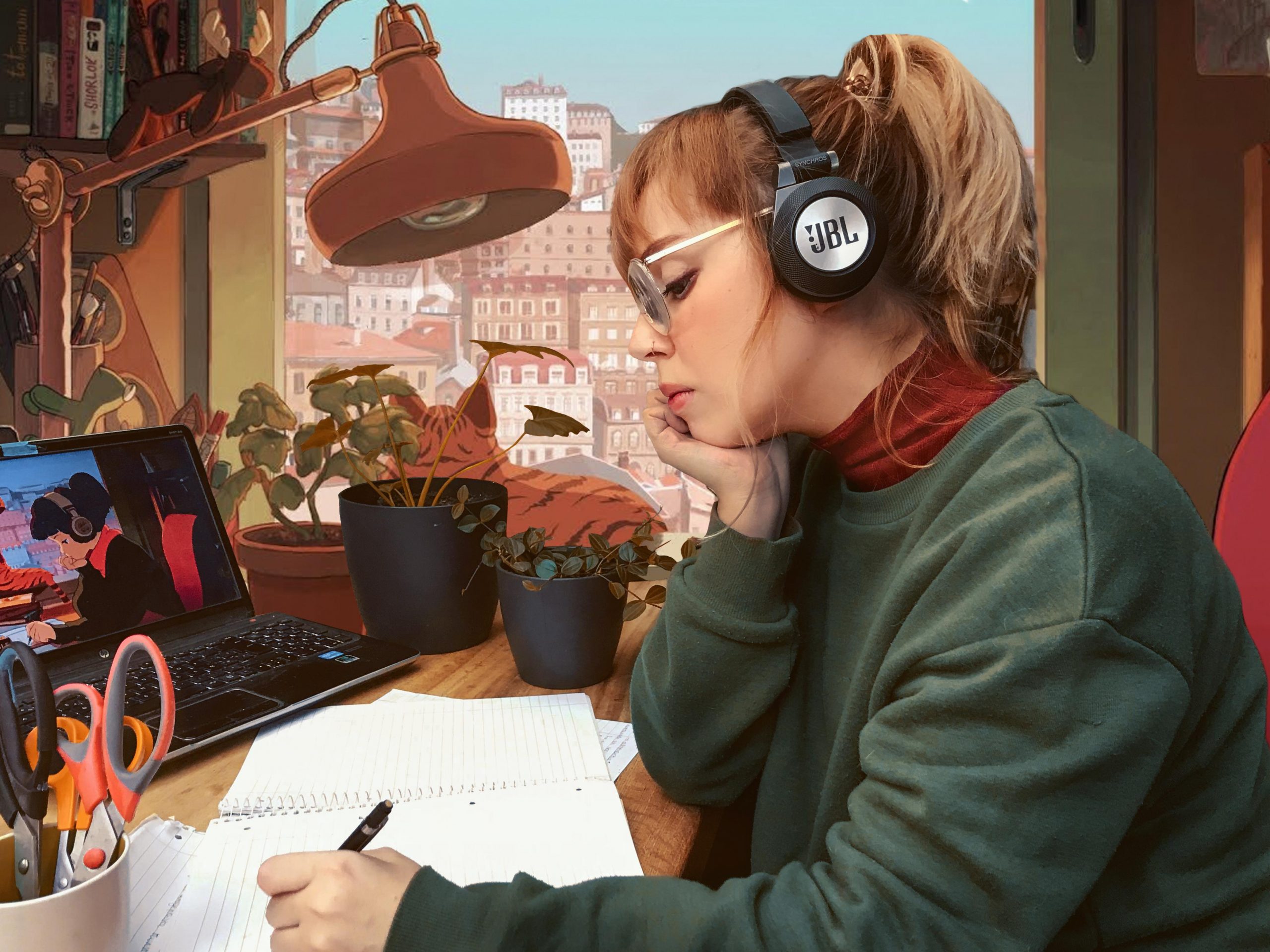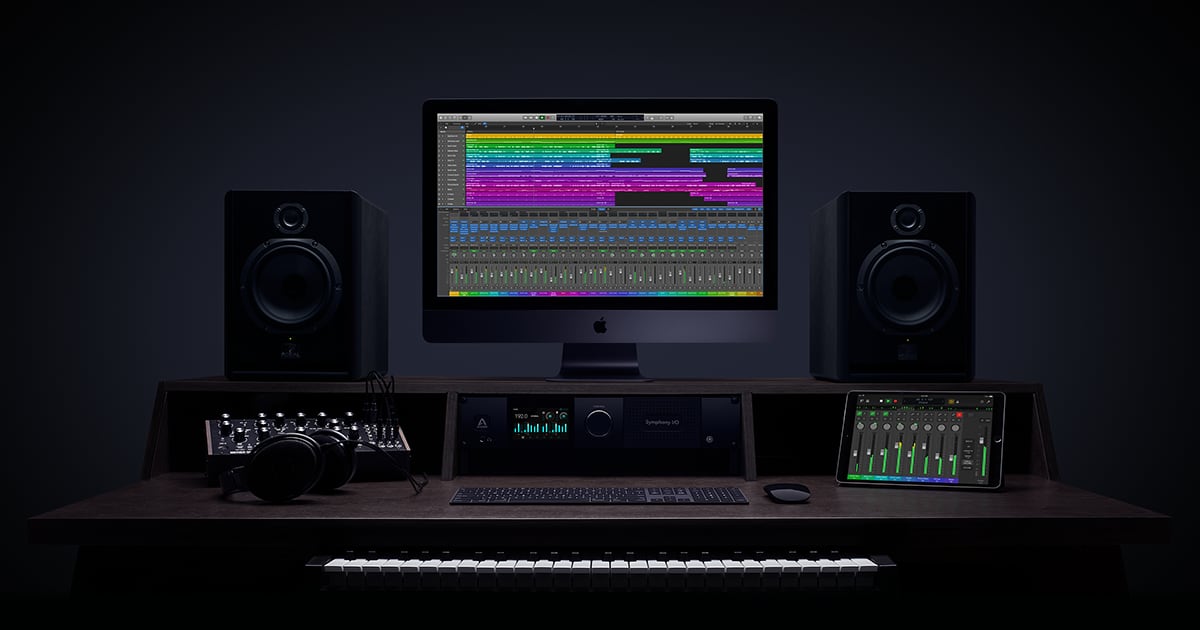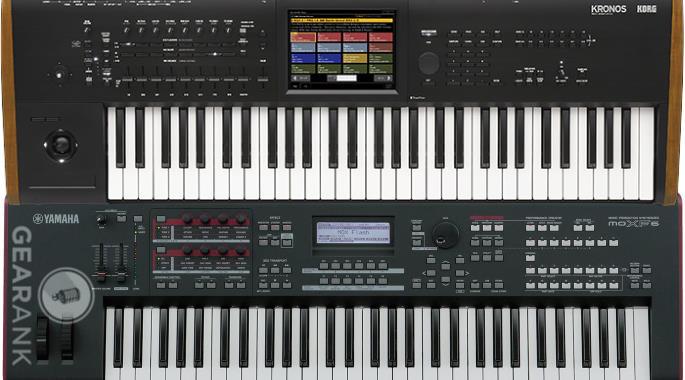Real rivers of ink have flowed about narrativity in music: there are many researchers who talk about it in their publications: Theodor Adorno, Hans Eisler, Michel Chion, Alejandro Román, George Perle, Tomás Marco, the linguists…
First, definitions
Real rivers of ink have flowed about narrativity in music: there are many researchers who talk about it in their publications: Theodor Adorno, Hans Eisler, Michel Chion, Alejandro Román, George Perle, Tomás Marco, the linguists…
Sometimes what adds information (as we will see in some cases) are certain sounds or effects; other times, the act of taking the viewer out of the fiction of the music for a moment, as in the case of Justin Bieber.
And the fact is that all categories of art carry with them a certain taste for layers of meaning. That is: in a Bosch painting, if you look at the work for five minutes you will probably understand the overall concept of the work; if you look at it for an hour you will expand this concept into a broader or narrower narrative. But if you look at it for hours at a time, stopping at each visual element, you will probably be able to identify more obscure and subversive symbolic elements.
As we come to show today, urban music works have inherited this vision of layers of meaning, and we can constantly see in some songs a series of details that, listening to them for the first time, are not easily noticed. I show you 3 examples that in my opinion are so very interesting:
Justin Bieber: Confirmation
Look at the beginning of the song. As soon as Justin Bieber starts the whole concept. “Aint nobody got no patience/ Want what they want right now”. Then Justin says: “one more time”, referring to repeating the take. Bieber takes us out of the fiction and into his studio to sing the phrase again. There is a silence in the music and then a da capo.
The pause and the return to the beginning support the words of Justin Bieber: nobody has patience, but I, who come to set an example, try another take to start the song, because you have to have patience.
Brockhampton: Sugar
In this romantic track by RnB the message is clear and is also shown at the beginning. “Spending all my nights just waiting for you to call me/ You’re the only one I want by my side when I fall asleep/ Tell me what I’m waiting for/ Tell me what I’m waiting for/ I know it’s hard but we need each other/ I know it’s hard but we need each other”.
The protagonist of the track shows how things are now and then goes on to talk about himself in general and about the situation, while weaving in stories with drugs, religion, etc.
It is a kind of presentation that gives way to a story, and Brockhampton does this by means of the rewind effect at 0:55. This effect functions as a link between the presentation of the story and the full entry into the fiction, almost cinematically: a very interesting device on the part of Brandon Robinson, music producer of the work.
TEED: Dont you forget about me
This one I’m going to show you now is the most uniquely musical of them all, and at the same time the most complex and twisted (for the best). “Who loved you better/ I need to know/ Nothing lasts forever/ Where do those feelings go/ Don’t you forget about me/ Don’t you forget about me/ Don’t you forget about me” (the track is below, listen to it to digest the analysis better).
Most of the lyrics are about this very thing that we hear in the last few sentences just before the guitar solo (2:40). In this case it is the guitar that speaks, the solo itself, and it speaks in a heartbreaking and visceral way.
As the lyrics say “don’t you forget about me” repeating it like a mantra, and as the solo goes on, several things happen that make the melody here a true masterpeace within the musical expression.
The semiotics of TEED
The first thing we notice is the filtering of the guitar: it is a voice that enters the scene, timidly arriving to express the pain of spite, but gradually gaining treble, defining its cry. As the solo progresses, the filters raise the treble range until the sound is stripped of its nasal timbre and sounds clean.
If you notice, the guitar has a fuzz effect (distortion, broken sound): it is a pure shout strumming, and the pentatonic intervallics, slides and slippery bendings are repeated with different motifs that constantly sound along with the lyrics and their repetitions. It portrays very well that anguish that is intended to be conveyed.

We also hear the sound of light bulbs melting across the stereo space: something has gradually faded out (again, the solo gives us more data through sound effects, and in this case tells us metaphorically how a relationship has ended, playing with the dimensions of time and space). If we look closely, the sound of the fading light bulbs sounds very far back (it’s like it’s getting far away, it sounds at low volume and with a lot of reverberation), and it can be heard from one side of the stereo to the other. A creative way of expressing this passage of time that we commented on.
Effects
Another thing that happens during the solo is microtonality: from the beginning of the solo, the pitch of the song goes up a tone, but it does it in the most gradual way ever in the history of urban music: it takes a whole minute! One minute to raise a pitch microtonally (which is also the duration of the solo itself, i.e. the solo functions in a way as an awakening embodied by this rising microtonality). At the same time, this rise in pitch raises the energy very slowly, as if to express the eternal tedium that the protagonist goes through during the trance.
Awakening
When the solo ends we come out of the fiction in a clear way: the treble filters disappear completely; the rhythm appears (which in the whole first part had not appeared), and we are a tone higher than we were. Everything moves again, we wake up. There has been a before and after in the song: in the part before the solo the character asks his ex-partner for explanations, but in this second part he only asks him to remember what they had before it ended. There is a kind of acceptance on the part of the protagonist in this second part, and that is why the song beats for the first time.

To reinforce the whole concept of the solo it is important to understand another phrase that is also said during the song: “Where do those feelings go”; before entering the mantra of the phrase “Don’t you forget about me” he says this previous one, and now we suddenly find ourselves immersed in this vortex of sounds that appear non-stop and in a circular, repetitive and ambient way, almost immersed in an entropy (as if the feelings are simply lost in space and we don’t know where they go, as the artist comments in the lyrics).
Sequel
Just look at the amount of elements he has played with in a one minute solo. And although here I only analyse this part, I have to say that absolutely all the aesthetics and the ambient style of the theme is perfect in its components: the song begins with choirs with a lot of reverb (emulating an ecclesiastical space), and the polyphony of these (the appoggiaturas, the intervallic of 4th and 5th, the resolution of the dissonances…) is reminiscent of the counterpoint of voices in the medieval era in European monasteries. …) is reminiscent of the counterpoint of voices of the medieval era in European monasteries (look closely at the photograph in the video, unfortunately there is no video clip, but we can identify a man in medieval armour). In the beginning the character asks his ex-partner “I Heard he left you/ been too long/ been too long/ since we spoke”. He addresses her with church choirs in the background like a believer speaking to his god. It is certainly a very interesting way of portraying fanaticism in a broken relationship.
And the fact is that, personal admiration aside, in this track the artist and beatmaker (Higginbottom) shows an unfathomable capacity for narrative expression.
And that’s all for today, I leave you some similar blogs to this one below in case you might be interested. I hope you enjoyed this blog as much as I enjoyed writing it and I’ll see you next week!
Remember that you buy rap, trap, dembow, pop, r&b, dembow, reggaeton …beats! A la carte.






